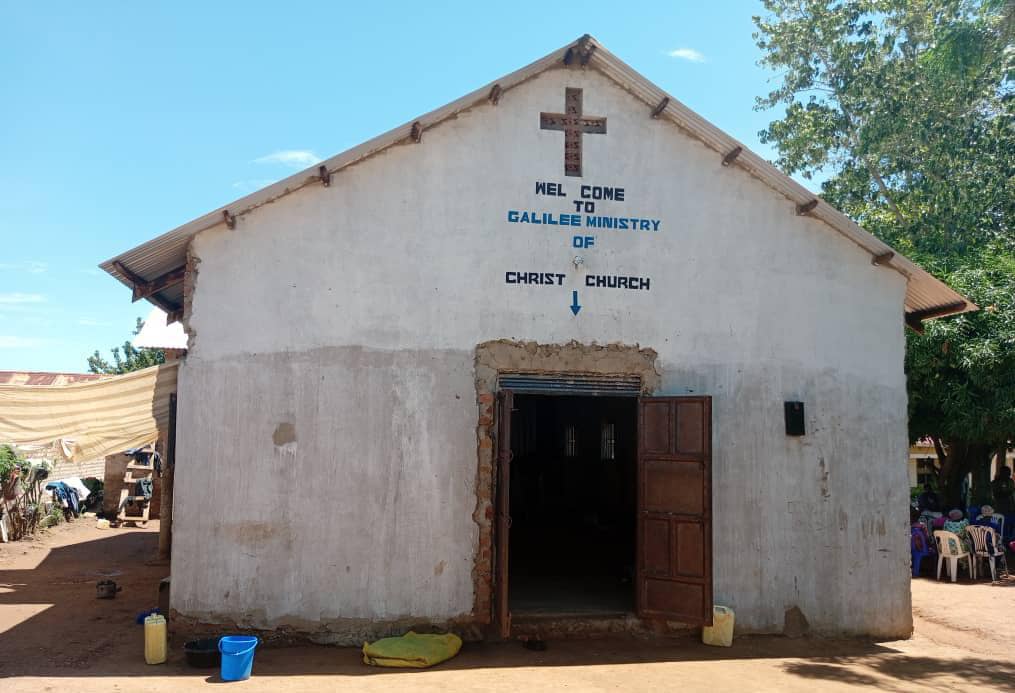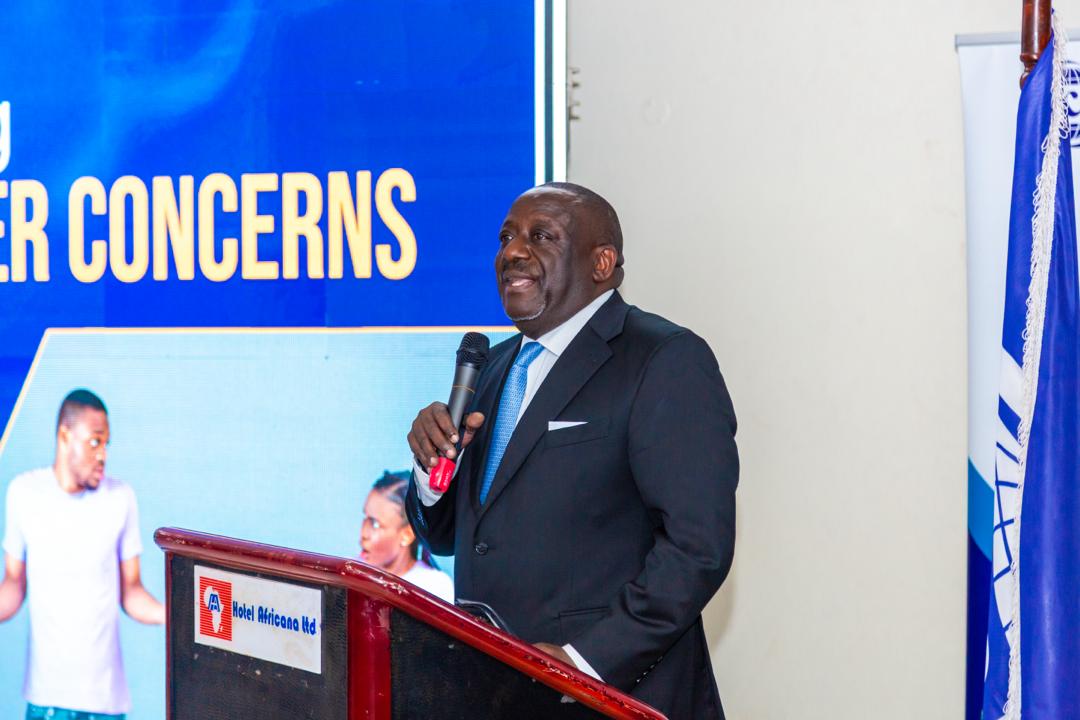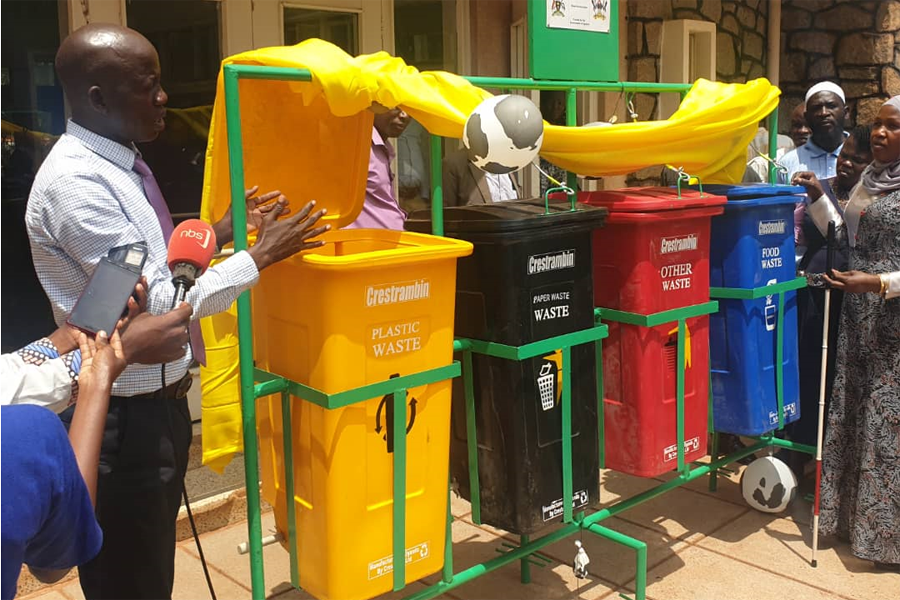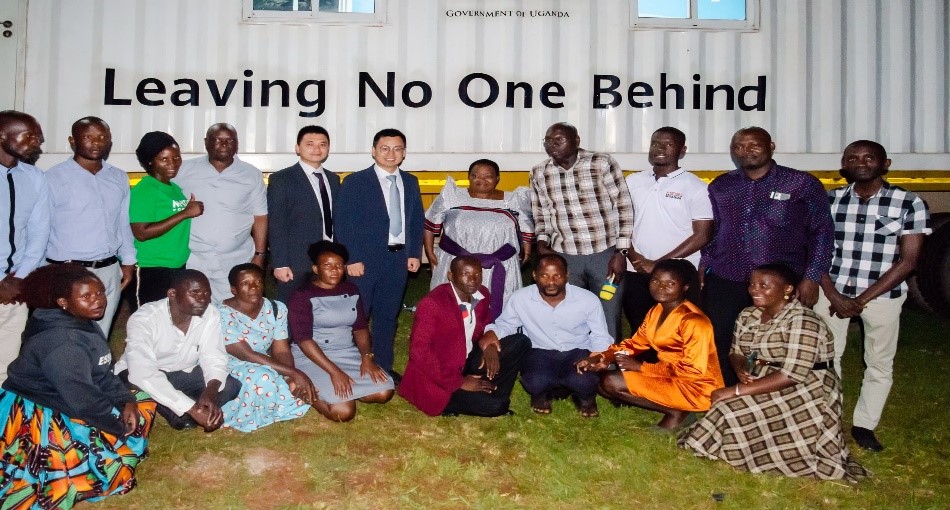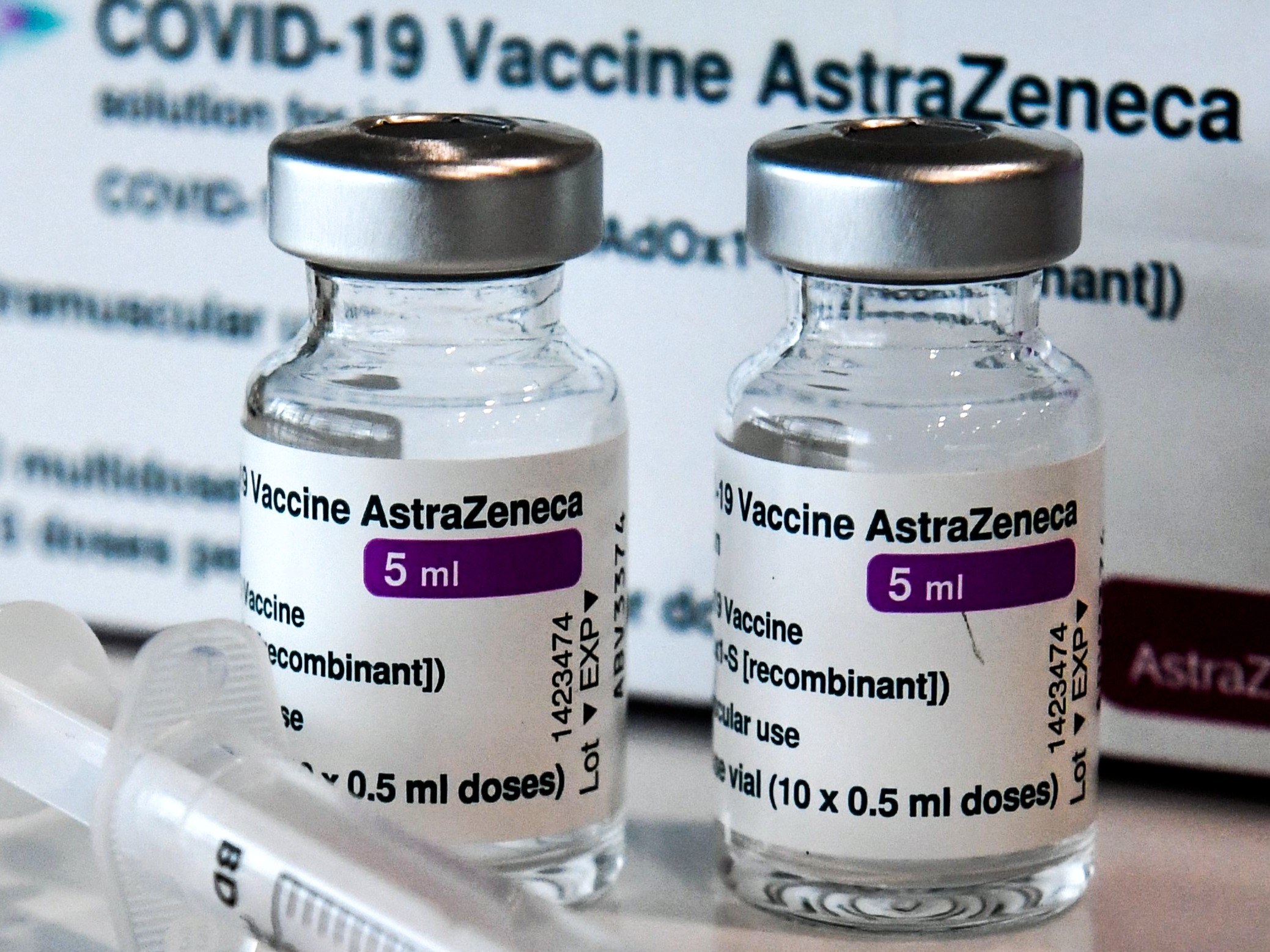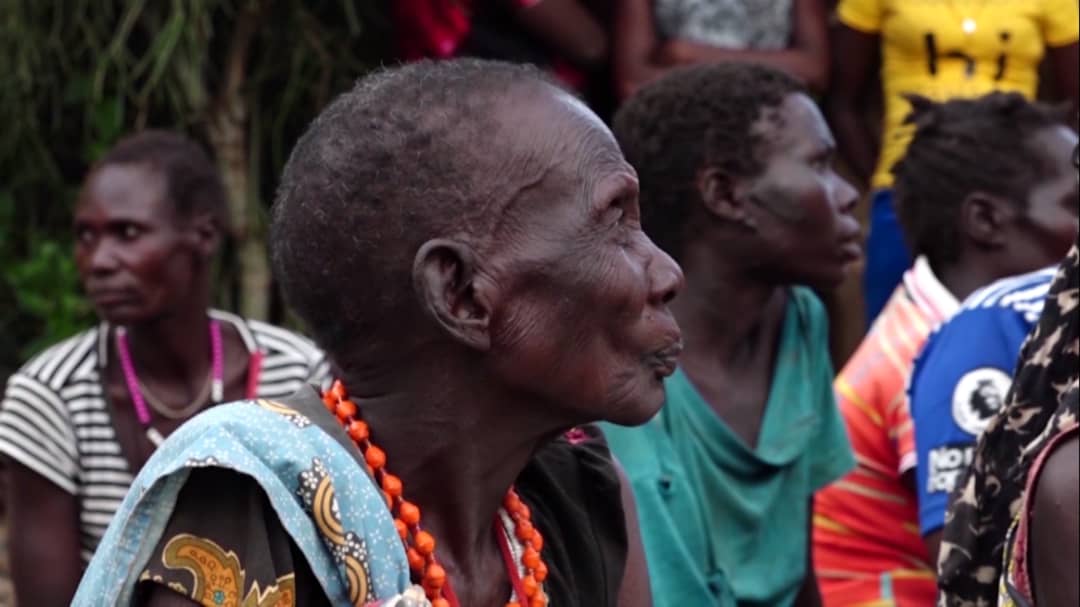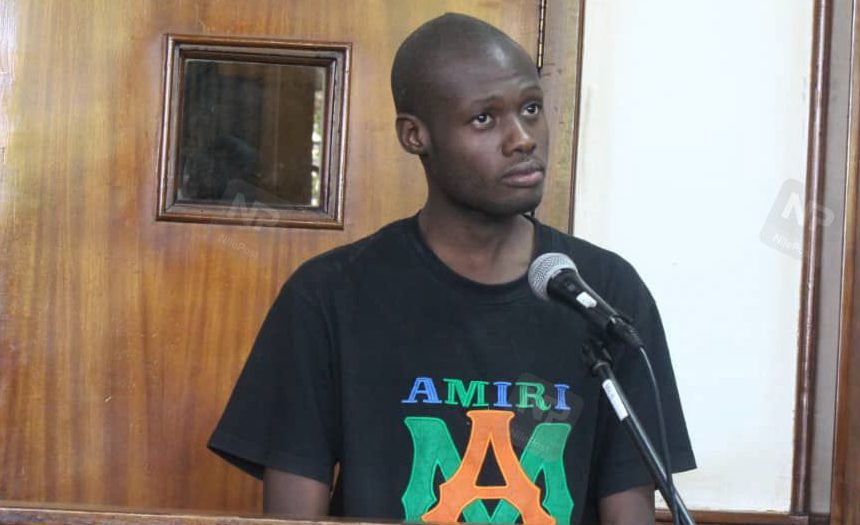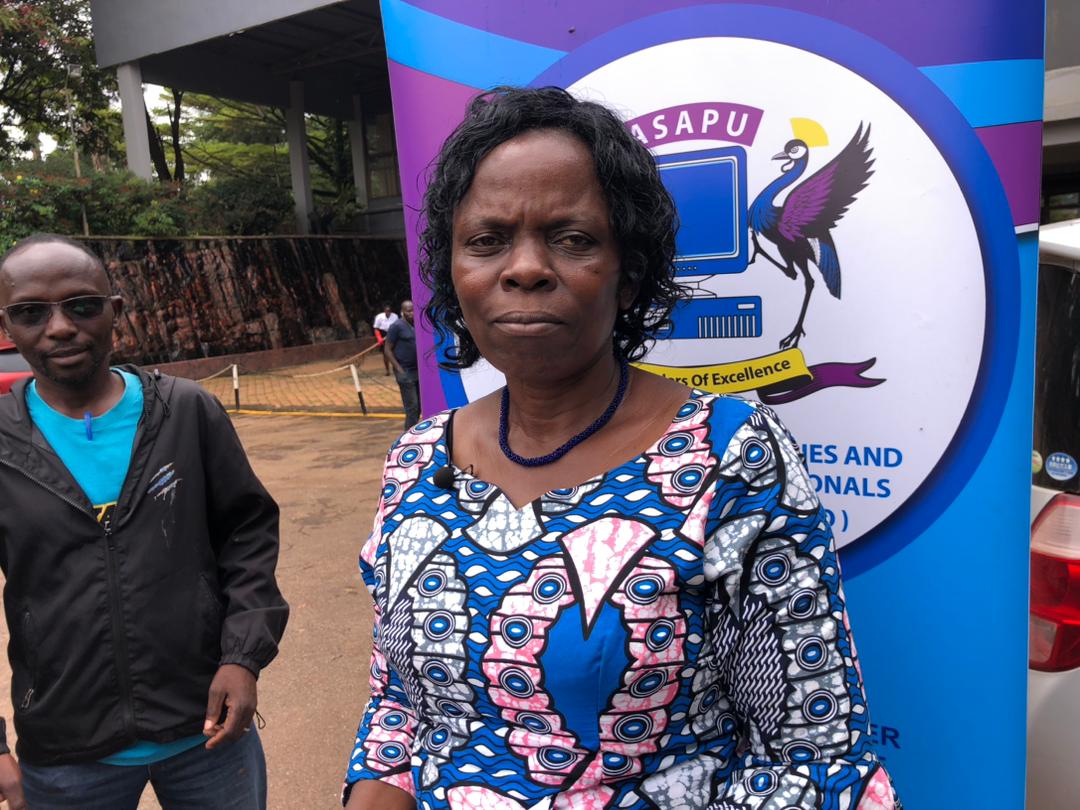TB and HIV co-infections still a burden in Teso: report
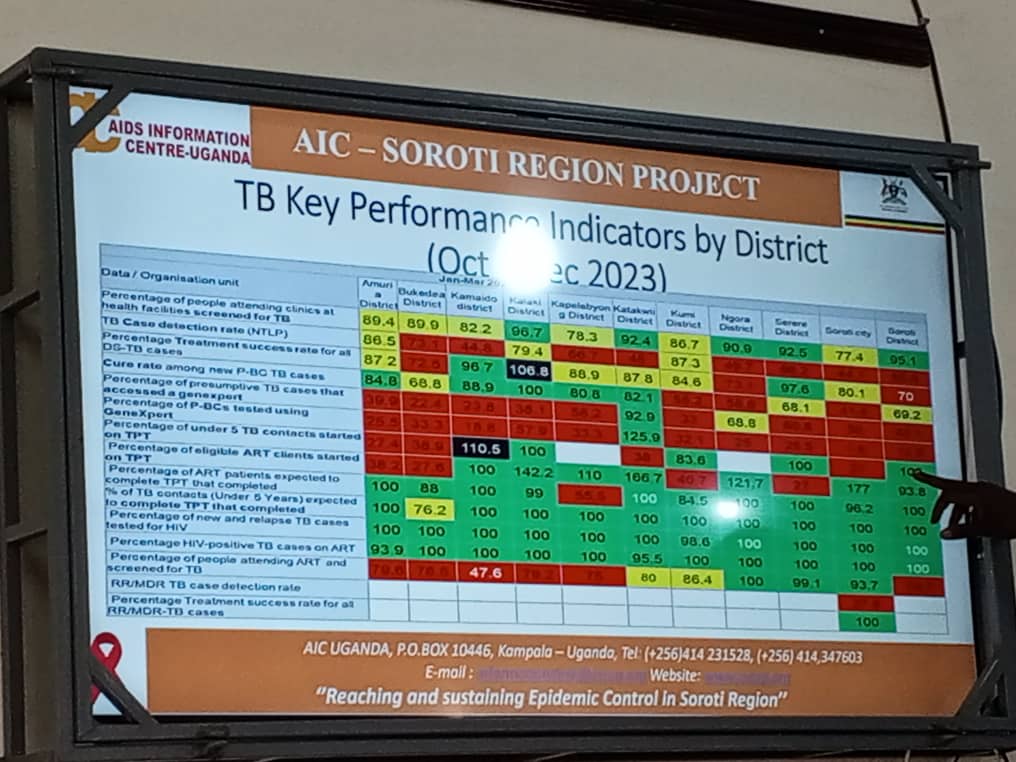
Globally, Uganda stands among the 30 countries burdened with high rates of TB/HIV co-infections.
SOROTI | On April 12, journalists in Teso Sub-region received training on the critical issue of Tuberculosis (TB) and HIV co-infections.
Organised by the Health Journalists Network Uganda, the session aimed to illuminate the challenges faced by the region in addressing this pressing public health concern.
Globally, Uganda stands among the 30 countries burdened with high rates of TB/HIV co-infections.
Annually, about 90,000 Ugandans fall ill due to TB, with 15 percent of patients being children under 14 years old and 32 percent being TB-HIV co-infected.
Despite national increases in TB case notifications, Teso experiences a decline in case detection, attributed to missed opportunities, poor health-seeking behaviors, and lack of public awareness.
The report by the AIDS Information Centre (AIC) highlights poor health-seeking behavior among men as a primary factor contributing to lower treatment rates compared to women in the Teso Sub-region.
Statistics reveal a concerning trend in the prevalence of TB among different demographics, with men disproportionately affected, accounting for 56 percent of cases, followed by women at 33 percent, and children under five years old at 11 percent.
Mr Gerald Ochieng, TB advisor at Aids Information Centre, emphasised the alarming issue of missing data in TB registers within Teso's healthcare facilities, hindering effective TB treatment and management.
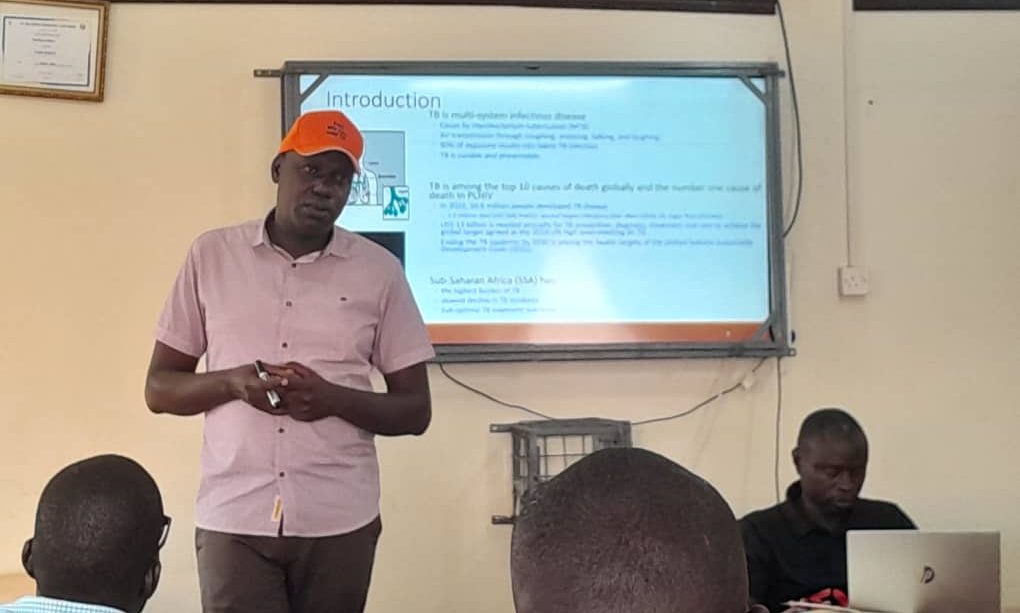 Mr Gerald Ochieng during the symposium with journalists i Soroti City
Mr Gerald Ochieng during the symposium with journalists i Soroti City
Only 61 percent of symptomatic individuals seek care, with a majority accessing public facilities, yet appropriate TB investigations are provided to only 16.3 percent of cases in these facilities.
In a region with a population of 2.5 million people, Teso has sufficient diagnostic capacity, but there remains a crucial need to strengthen the connection between TB and HIV services.
HIV testing must be readily available and free of charge in all healthcare facilities to facilitate early detection and treatment.
Mr. Ochieng called for enhanced capacity of health workers to manage TB cases and emphasised the importance of community engagement and awareness campaigns to dispel misconceptions and encourage timely medical attention.
“Addressing the socio-economic factors associated with TB transmission is crucial. Additionally, prevention strategies must be reinforced, emphasizing the importance of infection control measures and adherence to treatment regimens,” Mr Ochieng said.
Mr Abdallah Ochoggia, the advocacy and communications specialist at Aids Information Centre, stressed the need for social protection measures, including the provision of monthly food support to diagnosed individuals, recognizing the socio-economic impact of TB.
In light of these challenges, concerted efforts are needed from all stakeholders to combat TB and HIV co-infections effectively.
With targeted interventions and a commitment to improving healthcare access and awareness, Teso can strive towards a healthier future for its residents.



